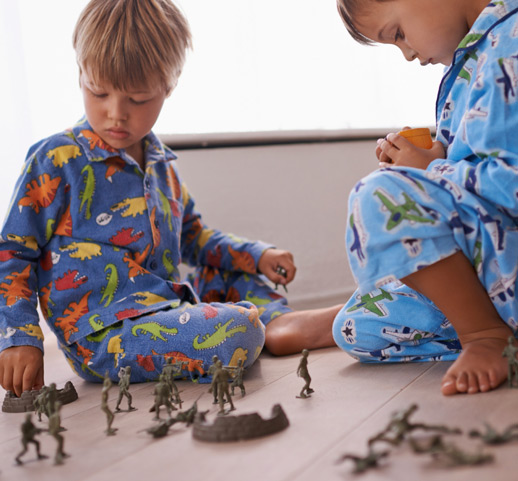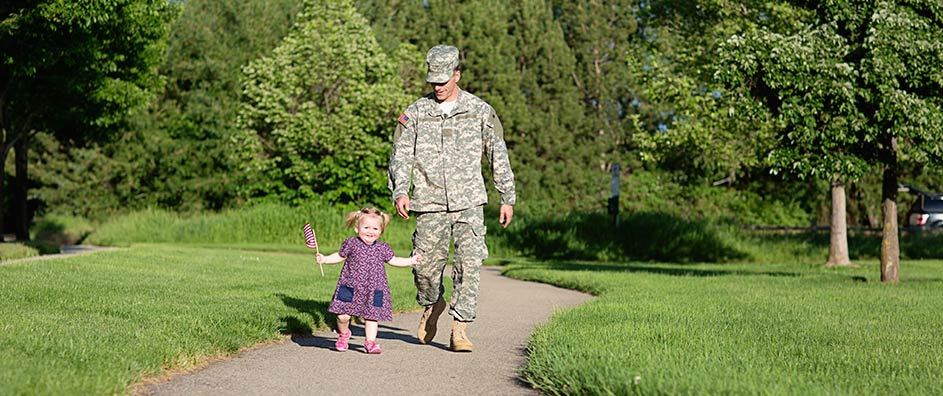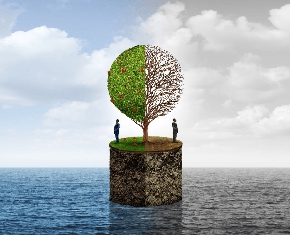The views expressed in our content reflect individual perspectives and do not represent the authoritative views of the Baha'i Faith.
The world and all of its people and species would be better off if every culture valued gentle thoughtfulness in its men. – Elaine Aron
…after all, the earth is but the everlasting graveyard, the vast, universal cemetery of all mankind. Yet men fight to possess this graveyard, waging war and battle, killing each other. What ignorance! – Abdu’l-Baha, The Promulgation of Universal Peace, p. 396.
 Okay, guys—how many of you played “war” or “soldiers” or “G.I. Joe” when you were little? How many of you played violent video games? Please raise your hands. Oh, just about everyone?
Okay, guys—how many of you played “war” or “soldiers” or “G.I. Joe” when you were little? How many of you played violent video games? Please raise your hands. Oh, just about everyone?
Boys everywhere play these kinds of games. I played them when I was a kid, and can remember very clearly pretending to shoot my brothers and my childhood friends with my plastic western six-guns. We ran around frenetically, hiding behind rocks, bushes and buildings, yelling “Bang! Bang!” The rules of the game? If you were “shot,” you had to fall down—but you could get back up in a few seconds. In video games, the same basic rules apply—you can shoot the “bad guy” until he falls down dead, but the next time you play, there he is again. Of course, these are only games—in real life those who get shot don’t often get up again. But with games like these we teach our sons that violence is normal and socially acceptable. Then we wonder why they become belligerent, violent men, or the victims of those kinds of men, when they grow up.
Teaching boys to fight only makes it more likely they will fight as men.
Yes, I know–we live in a combative, violent world. I understand that everyone should be able to defend themselves. But for centuries, men have started and fought wars. Boys have imitated those men, and then grown up to fight and die in their own wars. Now, the Baha’i teachings tell us, the world, and the men in it, must undergo a profound change:
…the portionless should gain their share of the boundless sea, and the ignorant drink their fill from the living fount of knowledge; that those who thirst for blood should forsake their savagery, and those who are barbed of claw should turn gentle and forbearing, and those who love war should seek instead for true conciliation; it is that the brutal, their talons razor-sharp, should enjoy the benefits of lasting peace; that the foul should learn that there is a realm of purity, and the tainted find their way to the rivers of holiness. – Abdu’l-Baha, Selections from the Writings of Abdu’l-Baha, p. 10.
From a Baha’i perspective, the warfare, mass killing and militarism that has ruled the world for many thousands of years has come to the absolute end of its usefulness:
Governments, for instance, consider militarism as the step to human progress, that division among men and nations is the cause of patriotism and honor, that if one nation attack and conquer another, gaining wealth, territory and glory thereby, this warfare and conquest, this bloodshed and cruelty are the cause of that victorious nation’s advancement and prosperity. This is an utter mistake. – Abdu’l-Baha, The Promulgation of Universal Peace, p. 156.
The Baha’i teachings recommend training our boys to become peaceful, spiritual men:
The only division that is real is this: There are heavenly men and earthly men; self-sacrificing servants of humanity in the love of the Most High, bringing harmony and unity, teaching peace and goodwill to men. On the other hand there are those selfish men, haters of their brethren, in whose hearts prejudice has replaced loving kindness, and whose influence breeds discord and strife…
There are people who find pleasure in breeding discord, who constantly endeavour to goad their country into making war upon other nations — and why? They think to advantage their own country to the detriment of all others. They send armies to harass and destroy the land, in order to become famous in the world, for the joy of conquest… Oh! why will man, the disobedient child of God, who should be an example of the power of the spiritual law, turn his face away from the Divine Teaching and put all his effort into destruction and war? – Abdu’l-Baha, Paris Talks, pp. 146-149.
“Heavenly men and earthly men,” Abdu’l-Baha says, and that dichotomy can serve as a guide to parents who raise both sons and daughters. When we teach our children to hate others, to consider only their own selfish advantage, to develop prejudices that lead to conflicts, we rob them of a peaceful, harmonious life. Instead, the Baha’i teachings advise us all, we can teach our beloved children the spiritual traits that allow them to bring about harmony and unity rather than violence and destruction.
What’s the best way to do that? The experts say that fostering, modeling and demonstrating unity and peace in the home delivers the best results:
The biggest way to keep a boy from growing up aggressive is to have a loving, safe non-aggressive home. While we should monitor and limit boys’ exposure to the media, what they see on TV is not nearly as powerful as the actions of family members, relatives and neighbors. If boys are exposed to real violence at home and in the street, they are very likely to imitate it, if they are brutalized and humiliated; they will react aggressively and may grow into violent men. – Dr. Michael Thompson, Raising Cain: Protecting the Emotional Life of Boys.
My home is the home of peace. My home is the home of joy and delight. My home is the home of laughter and exultation. Whosoever enters through the portals of this home, must go out with gladsome heart. This is the home of light; whosoever enters here must become illumined. This is the home of knowledge: the one who enters it must receive knowledge. This is the home of love: those who come in must learn the lessons of love; thus may they know how to love each other. – Abdu’l-Baha, Star of the West, Volume 5, p. 40.
You May Also Like
Comments

















(Baha'u'llah, The Kitab-i-Aqdas, p. 75)
The Bab -- “The path to guidance is one of love and compassion, not of force and coercion.” Similarly, “no one should sadden another, not even for a moment,...” (SWB 86) Abdu'l-Baha -- “under no circumstances whatsoever should we assume any attitude except that of gentleness and humility.” Gentleness, compassion, and loving-kindness are clearly central to ...Baha'i teachings...